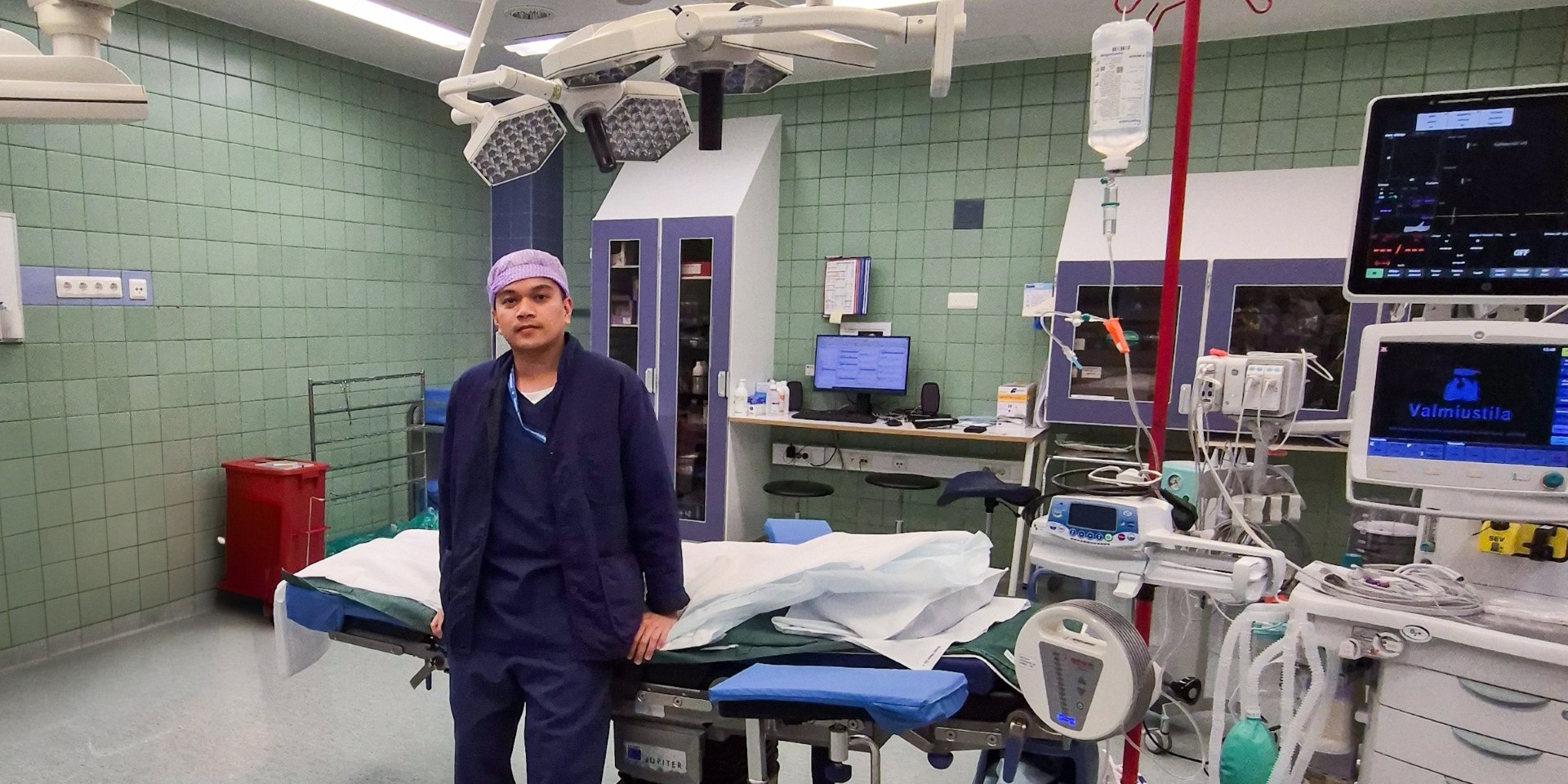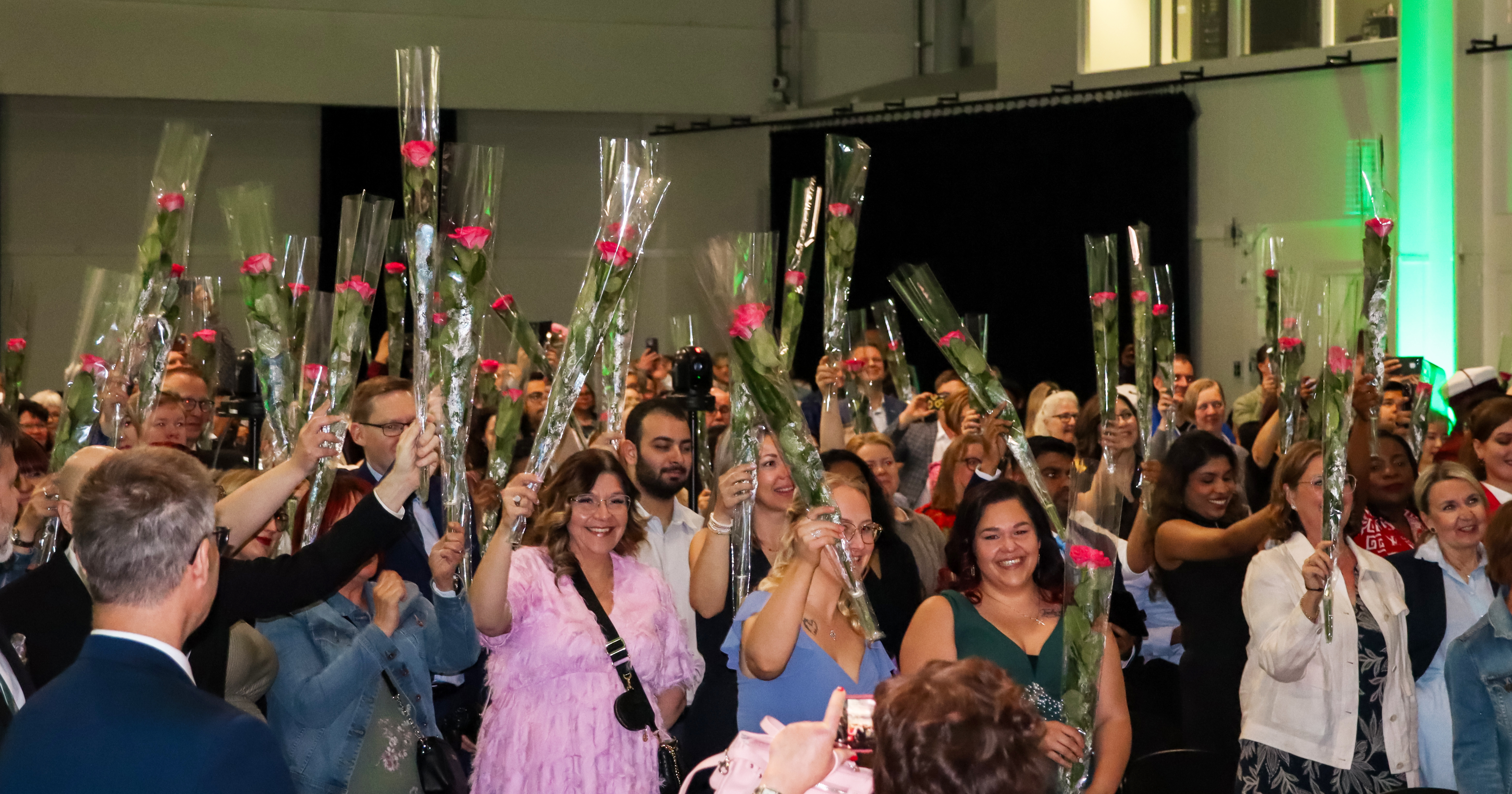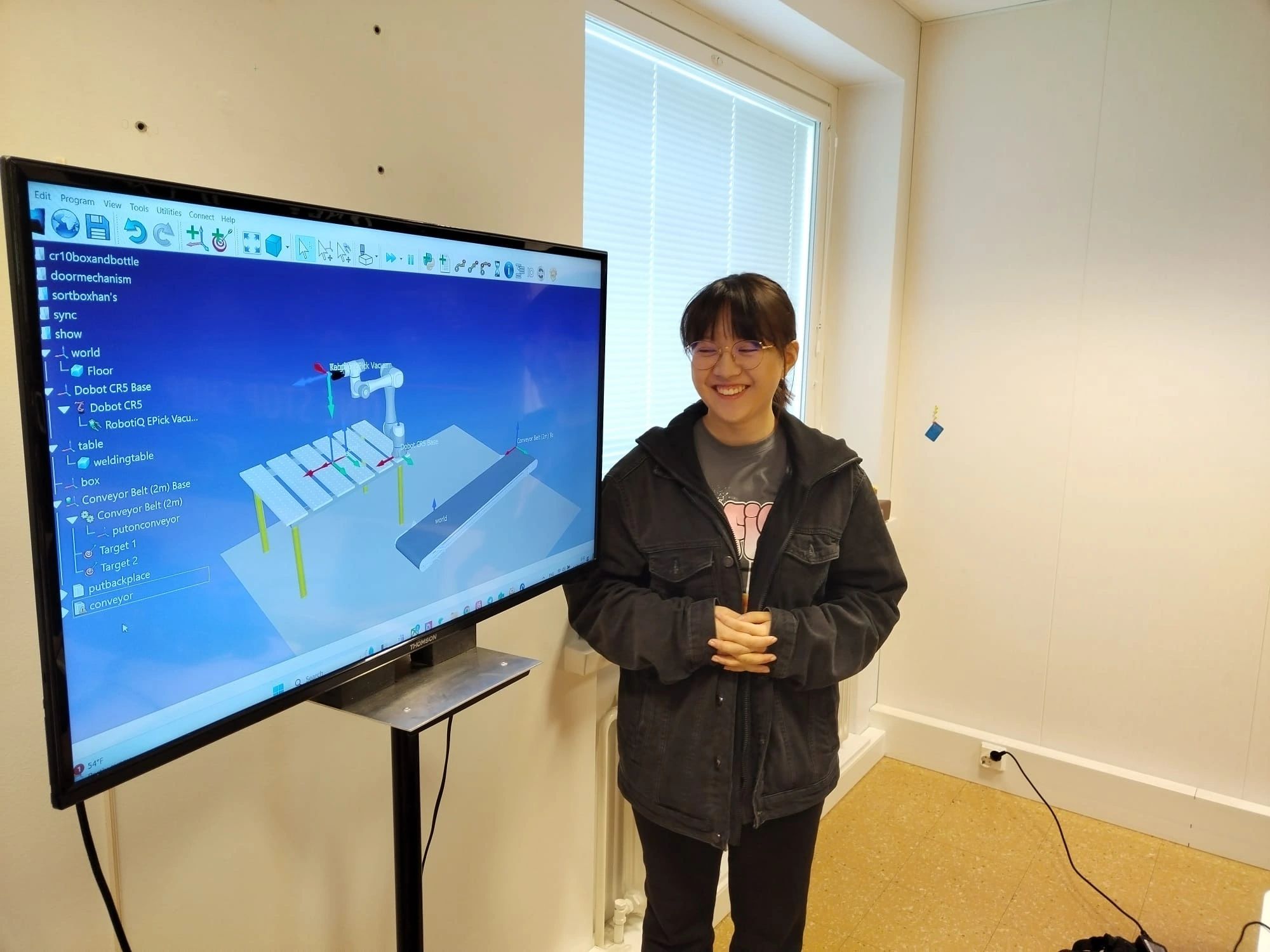Universities of applied sciences conduct a career monitoring survey for students who have graduated from a university of applied sciences with a bachelor’s or master’s degree five years earlier.
The most recent career monitoring survey was conducted last year, targeting those who graduated from SAMK in 2019. The purpose of the survey is to assess the graduates’ career paths, employment situation and satisfaction with the degree they completed.
Vice President of Education Timo Mattila is pleased with the employment rate of SAMK graduates.
– It is gratifying to see that our graduates have strong employment prospects. The survey shows that many graduates find employment in the Satakunta region after graduation, but the proportion of people working in Satakunta several years after graduation is slightly lower, he says.
For SAMK graduates, 75% of respondents reported working in the field corresponding to their degree.
Graduates satisfied with their degree
The survey also highlighted how SAMK students have fared after graduation.
– We also received feedback from respondents on which aspects of our education have been particularly successful. However, as working life evolves rapidly, our alumni provided us with useful insights on the direction in which our activities should be developed, Mattila explains.
The results indicated that 86% of respondents were at least fairly satisfied with their degree from SAMK. This percentage was in line with the national average. Respondents also felt that the degree had provided them with strong preparedness for working life.
– We have succeeded in ensuring that both employees and employers are satisfied. This demonstrates that what we do is of high quality.
Generic skills are key
The survey underscored the importance of generic skills. Modern workplaces demand abilities such as stress tolerance, self-management and multitasking. Respondents were asked to assess the importance of different skills in their work. Among SAMK graduates, the most highly valued skills were initiative, self-direction, working independently and time management. Respondents also felt that these skills had been developed effectively during their studies at the UAS*.
– Learning is continuous. It is essential to update existing skills and acquire new ones to meet the demands of today’s working life, Mattila reflects.
—————
* The scale for the statement questions was 1-6 (fully disagree – fully agree). The average response score for all skills mentioned was 5.5 for importance and 4.5 for how the skills were developed by studying at the UAS.



